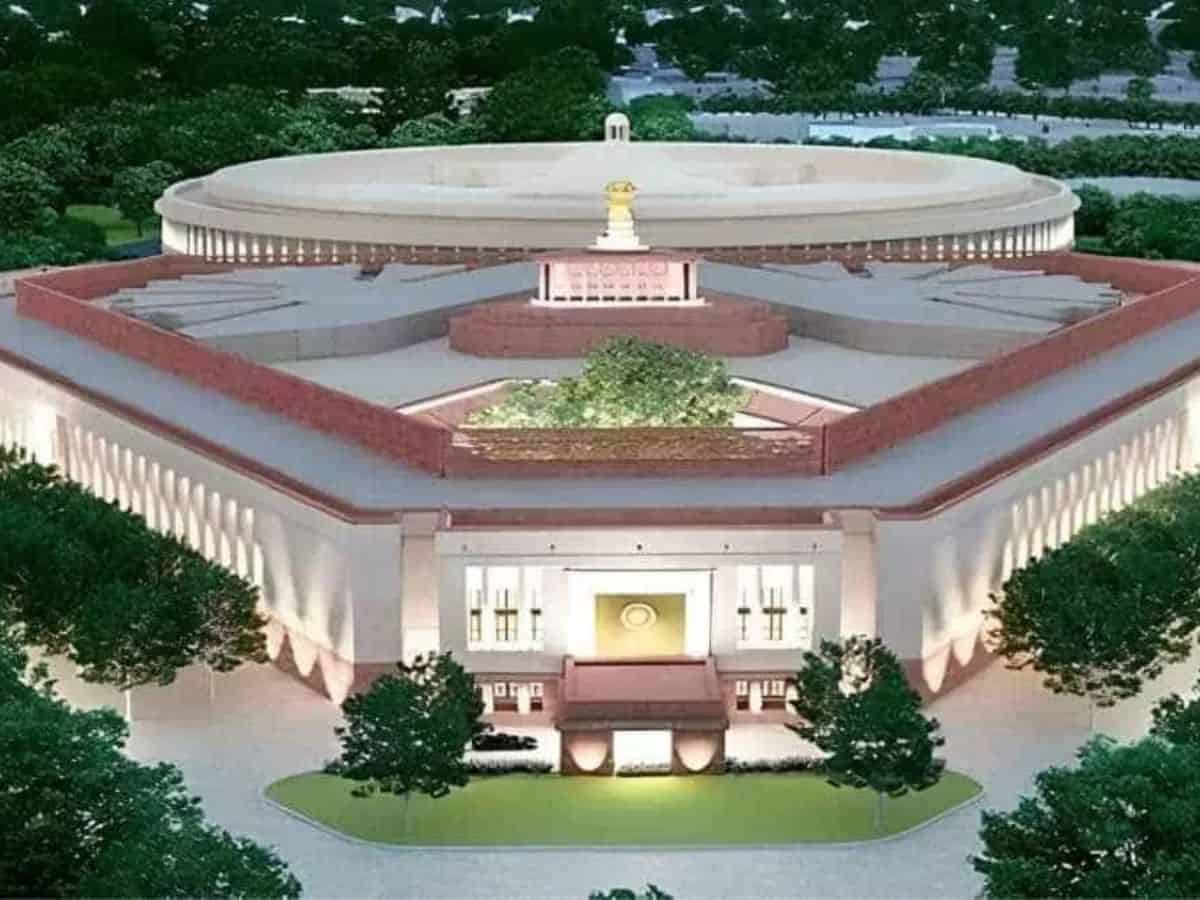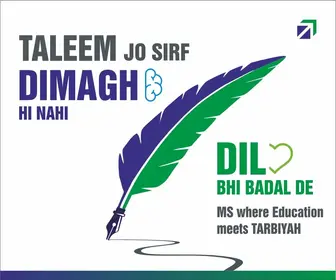
As a voter, I feel let down by our members of parliament (MPs). Recent times have shown how a citizen, whether he is responsible enough to vote or not, should also be concerned about the way the parliament is going. Slogans within the house, and scuffles without but within the precincts of the parliament building are a stain on democracy. Its sanctity is being steadily eroded.
We sent each one of them, at least theoretically, to discuss and debate and make laws for us the people. One section to make laws and a smaller segment to hold the mirror to the government after due scrutiny and explaining the rationale. There could be other reasons why people vote – patronage, getting things done for us using their weight in the respective constituencies, or having sold a vote.
This time, the session which is just adjourned sine die, has taken the cake by sinking to levels hitherto unknown. Instead of going to the respective presiding officer –if a member of Lok Sabha, to the speaker if a Rajya Sabha member, to the chairman – both sides went to the police. One side alleged violence against them, the other made a counter-charge and is waiting for it to be converted into an FIR.
It appears that the MPs have forgotten the art of debate, sarcasm, and barbs if needed, nettle the other side by observations, and keep the whole thing at a healthy level. Even innuendos could enliven the debate. The purpose is not to render the opposition useless by sending them out of the house or making it difficult for the government even to have their say.
The opposition is not on the treasury benches because they are numerically weaker; they could not lead their rivals by even a single vote to capture the other side. They ought to know that they cannot vote out a government resolution or ensure tweaking policies the opposition thinks are wrong. The government, on the other hand, has a duty to listen to the opposition and respond.
This business of seeking ‘an apology to the nation’ means nothing. Both sides are quite adept at seeking it and ignoring it as well, depending on which side of the well the member of parliament sits. A correction is what the opposition should seek and the government should be amenable to explain its stand, not hustle it through merely by mere numerical strength.
Both sides are wrong in the manner in which they conduct themselves. Both the sides have veterans in both the houses and have seen better parliamentary conduct. The ugliness is seen by millions of viewers because of the live telecasts. But even here, the television does not show all; there is apparently a choice of who should be seen is likely exercised by the editor.
While much of what transpired within the houses’ chambers leaves much to be desired, what happened outside of it is a low point in the history of parliament. Opposition strategy was to expose the government’s unwillingness to discuss Adani or the home minister’s remarks on Ambedkar. It ended up in ugliness.
The NDA too showed itself in a bad light, very bad light. What the individual MPs, including a minister, said separately is at variance from what they complained to the police, indicating how it was working to cow down the opposition. They dragged it to the police station while they should have gone to the presiding officers.
I remember a remark made by the late Pramod Mahajan, the then MP and minister for parliamentary affairs. The live telecast brought out the best in the MPs’ sartorial appearance but did not buy the best of conduct because the people were watching them live on the television. Probably they are now watching it as entertainment and conclude that this is the best we can get.


